Exile strives for free media back home
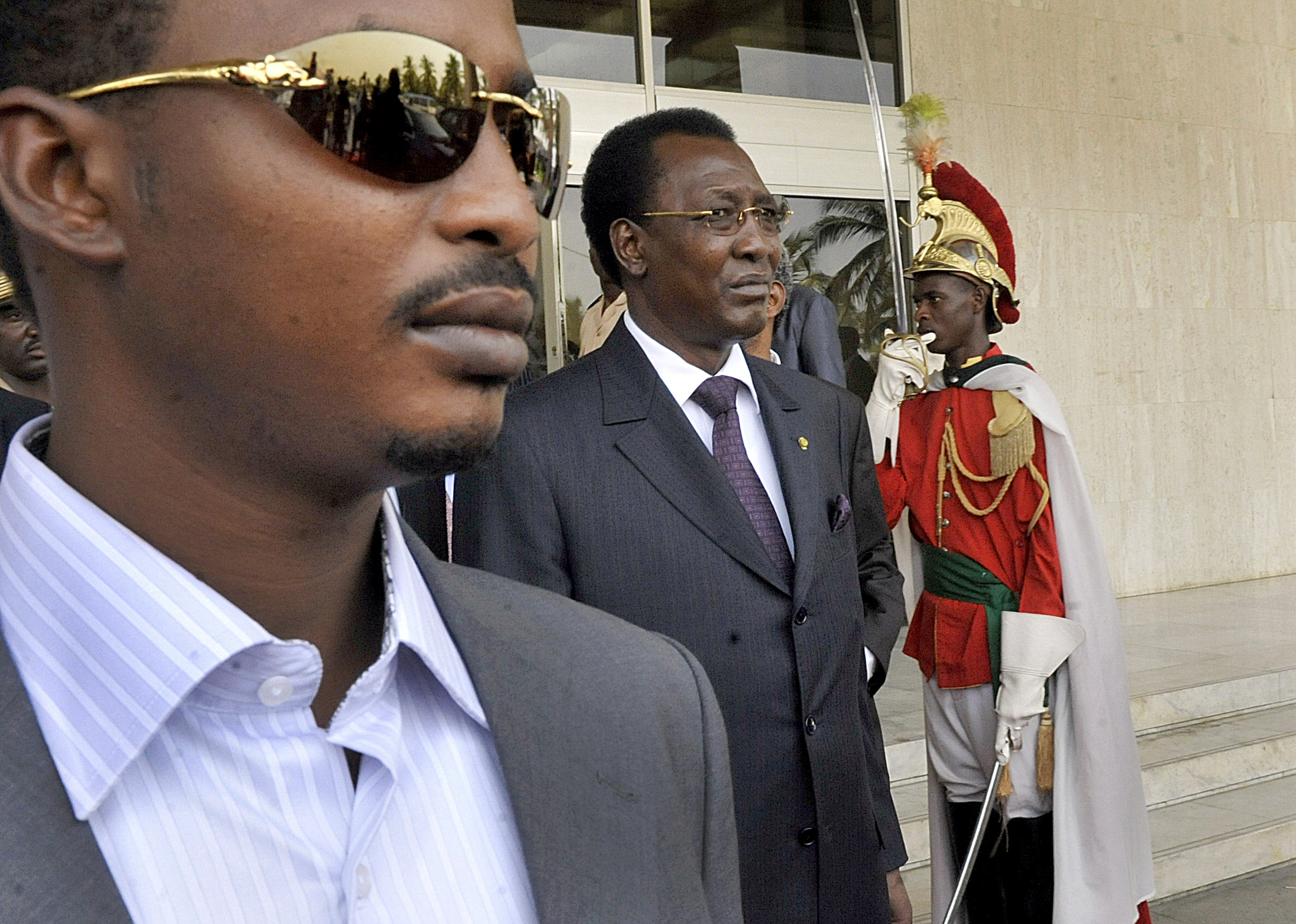
Threatened in his homeland, Chadian journalist Frank Kodbaye found refuge in Switzerland where he is pursuing his fight for an independent press, a tool needed to do away with the fighting that has undermined his country since independence.
“The war to lead the country has gone on for 50 years,” says Kodbaye bluntly. “It’s what we know best in Chad.”
The journalist has been in Geneva since 2001. But back in 1990, he was ready to believe the promises of a more open society by then-rebel leader Idriss Déby, who had just overthrown the dictator Hissène Habré. Déby is still running Chad.
“Everyone remembers his first speech. He told us he was bringing neither gold nor silver but freedom,” explains Kodbaye.
That year at a summit, French President François Mitterand encouraged African nations to give their people more freedoms. His speech, coming shortly after the fall of the Communist regimes in Eastern Europe, was seen as an invitation to launch democratic reforms and the end of France’s support of the dictatorships of its former colonial empire.
Mitterand’s speech encouraged the appearance of new media in a number of countries. The Ndjamena Hebdo, Chad’s first independent newspaper, was launched within days of the overthrowing of Habré, whose victims are still waiting for him to face justice.
Lost illusions
Kodbaye, who studied at a Catholic high school in Chad’s capital, started out in the media by running his school’s newspaper, a role he later took up again at university.
“Ndjamena Hebdo was replaced by Le Temps magazine, which hired me in 1997. It was the country’s biggest-selling publication at the time, a reference for any young local journalist,” he told swissinfo.ch.
It was while working there that Kodbaye lost any illusions he still had about the promises made by Déby, who served as Habré’s army chief before turning against him.
“This regime is particularly brutal, especially towards the media. Journalists have been killed or thrown in prison,” Kodbaye points out.
“Even if the regime’s interests are not threatened, the media are regularly dragged before the courts for libel and have to pay heavy fines.”
He says the result is a tame, superficial press, which refuses to publish in-depth stories.
“The government can say that press is free, but journalists don’t investigate anymore,” he adds. “But Chad is considered to be one of the planet’s most corrupt nations.”
Flight to Switzerland
Rather than toe the line, the journalist chose to leave his homeland and found refuge in Switzerland with the help of non-governmental organisation Reporters Without Borders and its aid programme for exiled editors.
“I was arrested a number of times and locked up. Given the pressure, the intimidation, I took the risk of leaving to be able to keep on speaking freely,” he explains.
At the same time, he headed to Berlin for further training at the International Journalism Institute. The advantage, besides the large number of African students in the German capital, was that studying there gave him access to high quality technical training.
“It’s not political cooperation like the French provide, aimed at ensuring access to resources. Germany offers a precious and concrete aid to countries that struggle to train their future managers,” Kodbaye points out.
France comes in for further criticism, the journalist accusing it of protecting Chad’s government. French troops are present in the country, and although the president has publically called for their departure, he knows that without them his regime would collapse, according to the exiled journalist.
Online crusade
As he waits for change, Kodbaye is working on two internet projects.
One, Tchad Agora, would serve as an idea exchange platform and focus on positive experiences in Chad. The other, Carrefour-Soleil, is a French-language news investigation site.
However, internet access remains a luxury for most of Chad’s inhabitants, most of whom cannot read or write and depend on the radio for their news.
Kodbaye says one station, FM Liberté, plays an important role by speaking about issues such as human rights, agricultural problems or health.
“It also teaches people how to be citizens and helps unite Chad’s population by providing them with common references rather than highlighting their differences, especially those related to tribes or clans,” he adds.
Those tribes and clans have always played a key role in cementing the government’s control of the country.
“To seize power, you need tribal alliances and to split the nation along religious and cultural lines, to pit the inhabitants against one another, northerners against southerners, Muslims against Christians,” explains Kodbaye.
A dangerous game to play as events unfolding in neighbouring Mali show.
According to Reporters Without Borders, the web has become more fragmented. More and more often, users see access to information restricted depending on their geographic locations.
Reporters Without Borders recently criticised Twitter’s decision to apply a form of geolocalised censorship. Tweets in some countries could be blocked but not in others, whereas previously blocking happened at a global level.
In a letter to the microblogging site’s founder, the NGO wrote that Twitter’s policy meant that freedom of expression could be interpreted differently from one country to another, a policy it called “unacceptable”.
Myanmar set up its own national internet structure in 2010, an idea that Iran has suggested on a number of occasions it will follow, with its own messaging system and search engine.
The result is that countries such as North Korea, Turkmenistan, Uzbekistan, Cuba or Iran are so effective in censoring access to internet that their populations are left with local intranets that have little to do with the world wide web.
The former French colony of Chad, a landlocked country located in central Africa, is bordered by Niger, Nigeria, and Cameroon to the west; Libya to the north; Sudan to the east; and the Central African Republic to the south.
Population (2009 estimate): 11.2 million
Infant mortality rate: 124 deaths/ 1,000 live births
Life expectancy: 48 years
Literacy: 37.2 per cent
GNP: $6.8 billion (SFr6.2 billion)
(Source: World Bank)
(Translated from French by Scott Capper)

In compliance with the JTI standards
More: SWI swissinfo.ch certified by the Journalism Trust Initiative

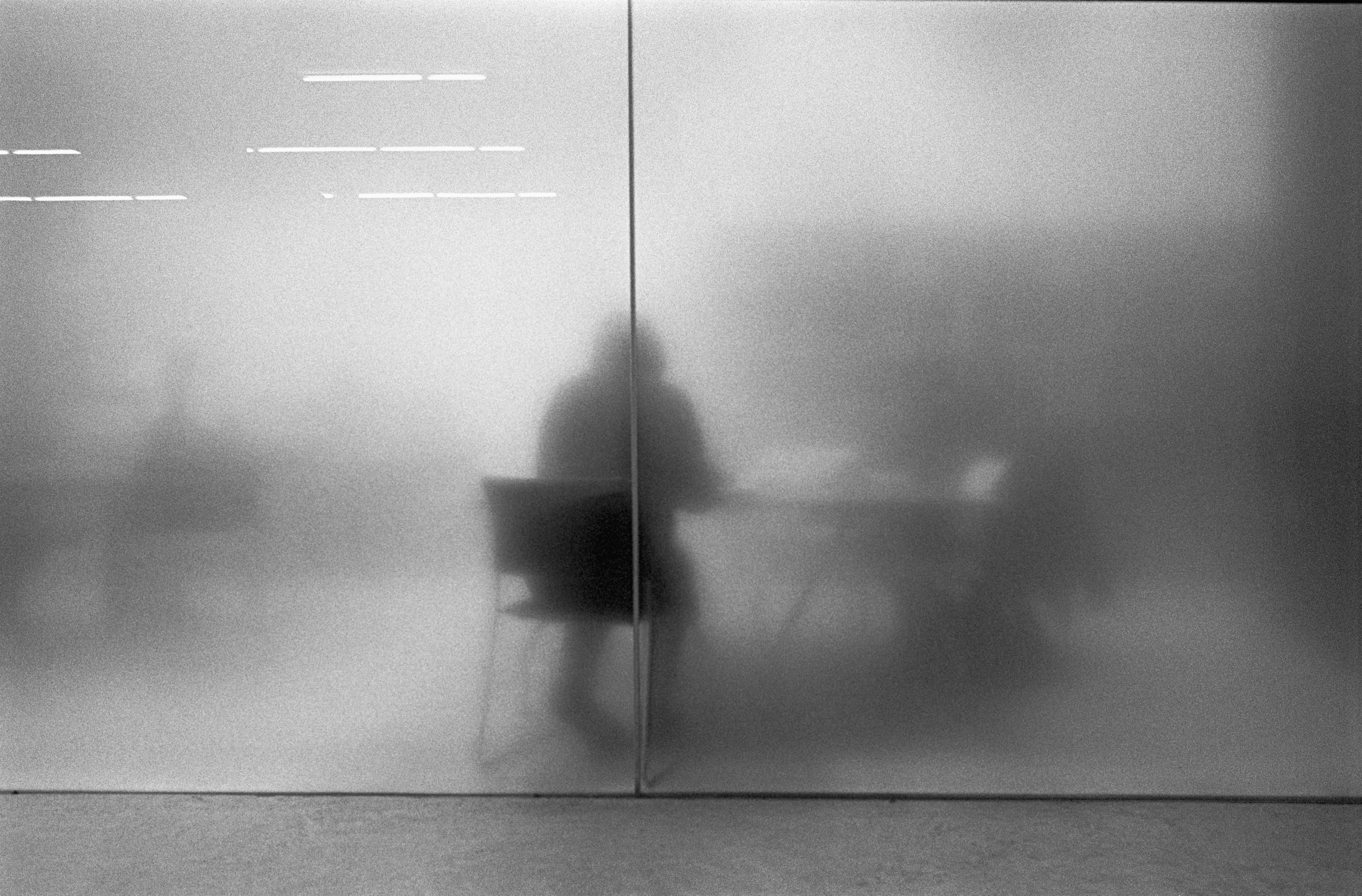
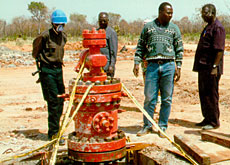
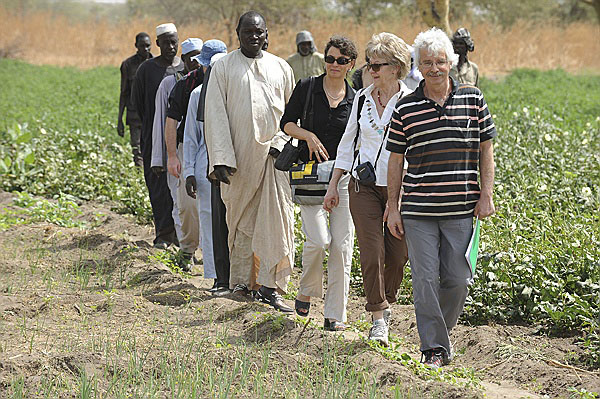
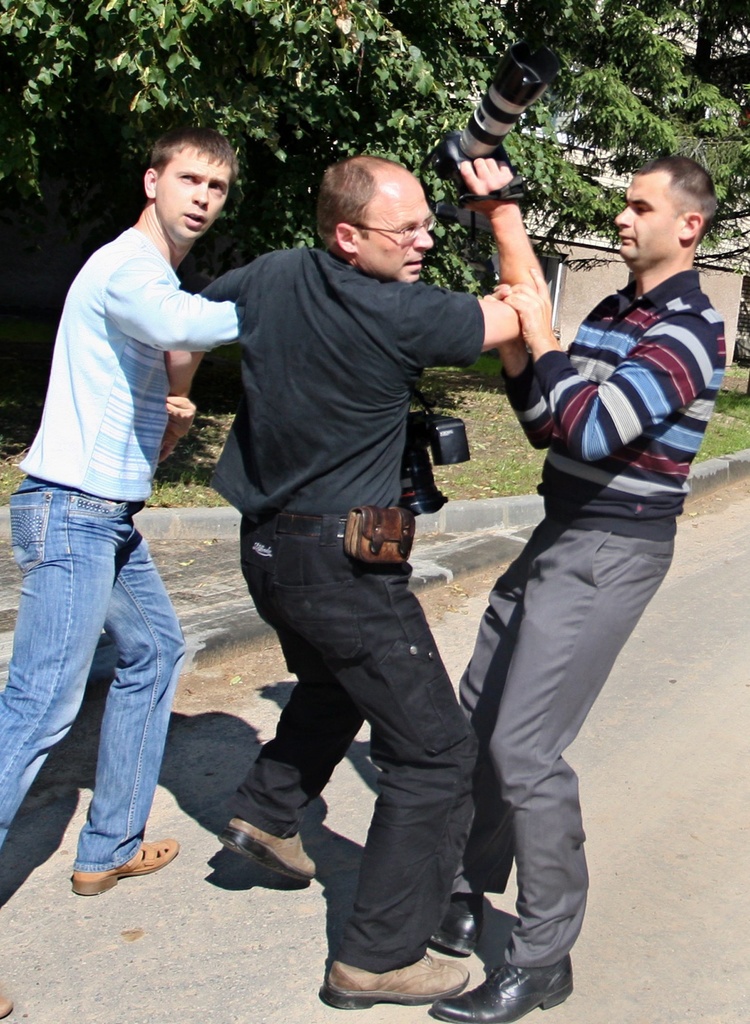
You can find an overview of ongoing debates with our journalists here. Please join us!
If you want to start a conversation about a topic raised in this article or want to report factual errors, email us at english@swissinfo.ch.